Publications
Articles, publications, books, tools and multimedia features from the U.S. Institute of Peace provide the latest news, analysis, research findings, practitioner guides and reports, all related to the conflict zones and issues that are at the center of the Institute’s work to prevent and reduce violent conflict.
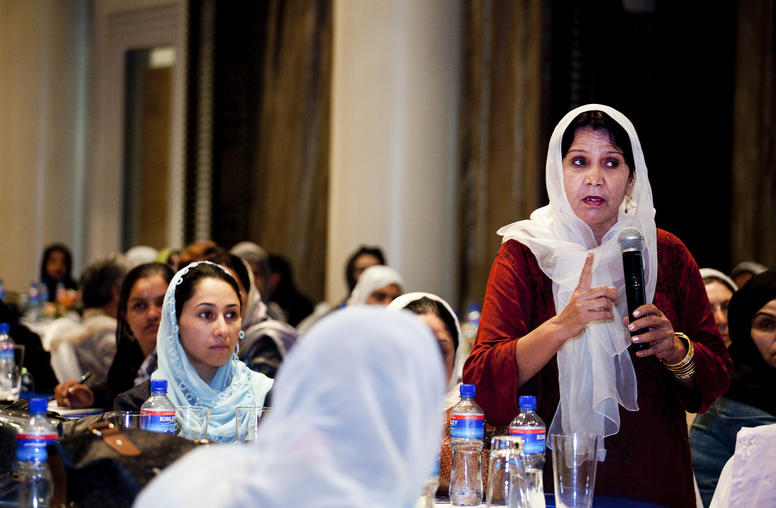
Afghanistan Talks: No Women, No Peace
As talks between the U.S. and the Taliban raise hopes for peace in Afghanistan, the country’s women fear another—and related—possibility: That their hard-won rights to participate in the nation’s political and economic life could again be washed away by the Taliban’s rigid views on gender.
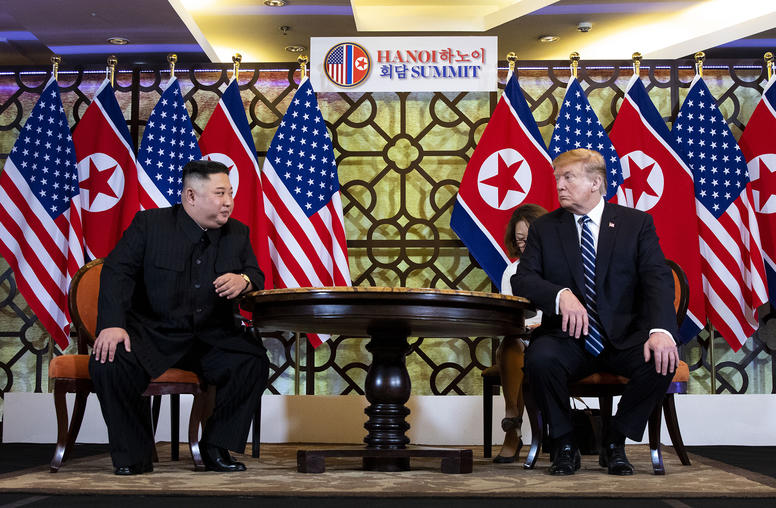
U.S.-North Korea Negotiations: What Happened in Hanoi?
President Trump and North Korean leader Kim Jong Un unexpectedly cut short their second summit Thursday after failing to come to an agreement to dismantle Pyongyang’s nuclear weapons and provide sanctions relief. USIP’s Ambassador Joseph Yun and Frank Aum explain what happened in Hanoi and what comes next for U.S.-North Korea nuclear diplomacy.
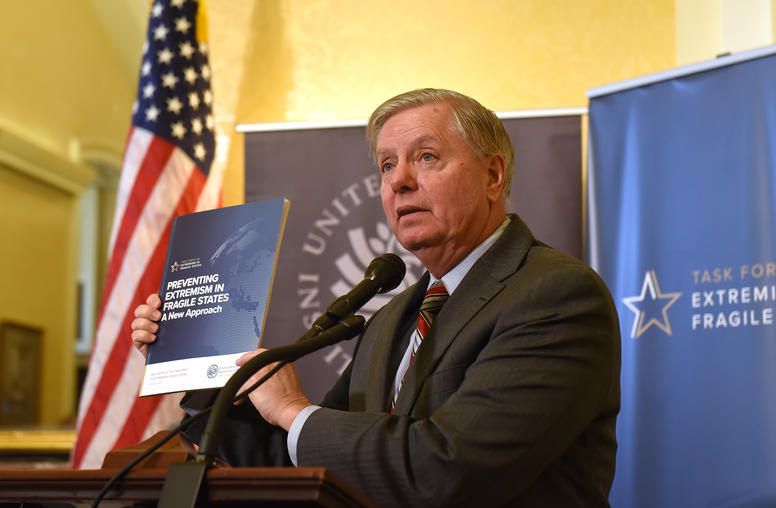
Bipartisan Congressional Panel Urges New Approach to Fighting Extremism
Members of Congress representing both parties—Senators Chris Coons (D-DE) and Lindsay Graham (R-SC), as well as Representatives Eliot Engel (D-NY) and Michael McCaul (R-TX)—yesterday lauded the release of a new report that makes the case and outlines a framework for preventing violent extremism at its roots.
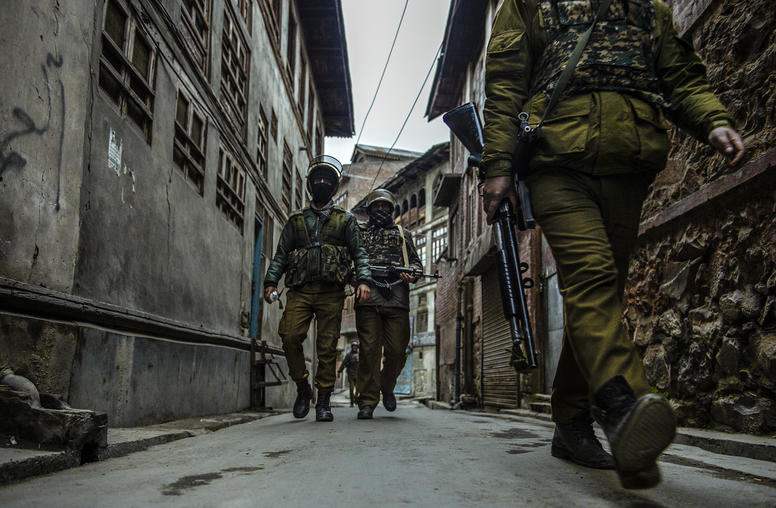
What Can be Done to Calm the India-Pakistan Crisis?
On February 14, in the disputed region of Kashmir, a suicide bomber rammed into a convoy of Indian paramilitary police, killing 44. The attack was claimed by the Pakistan-based Islamist group Jaish-e-Mohammad and was the deadliest bombing in Kashmir in three decades. Nearly two weeks after the attack, India launched a retaliatory airstrike. USIP’s Moeed Yusuf examines how the U.S. and international partners are key to preventing further escalation that could lead to nuclear war.
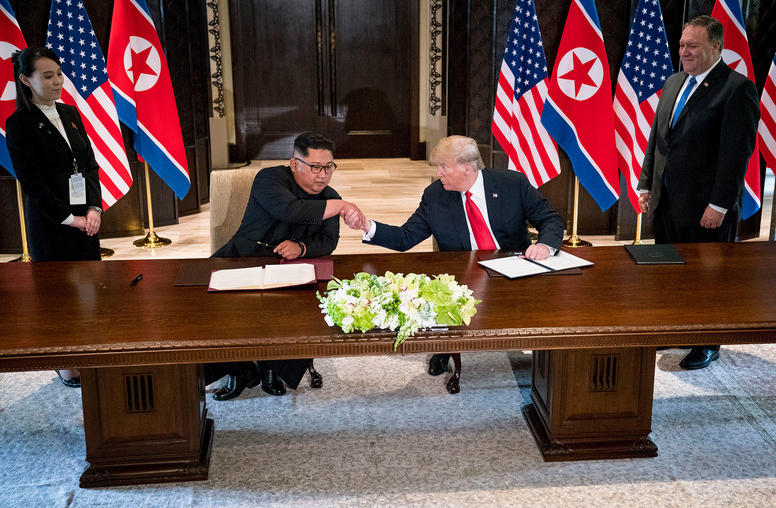
Have the Stars Lined Up on North Korea?
Tomorrow’s summit between President Trump and Chairman Kim Jong Un represents the best opportunity for peace in the last 20 years. In 2000, the United States came—as former senior Clinton administration official Wendy Sherman described—“tantalizingly close” to achieving an agreement that would halt North Korea’s production, deployment, and testing of long-range missiles. And this was in addition to the 1994 Agreed Framework deal, which froze North Korea’s nuclear facility at Yongbyon. What is different this time around?
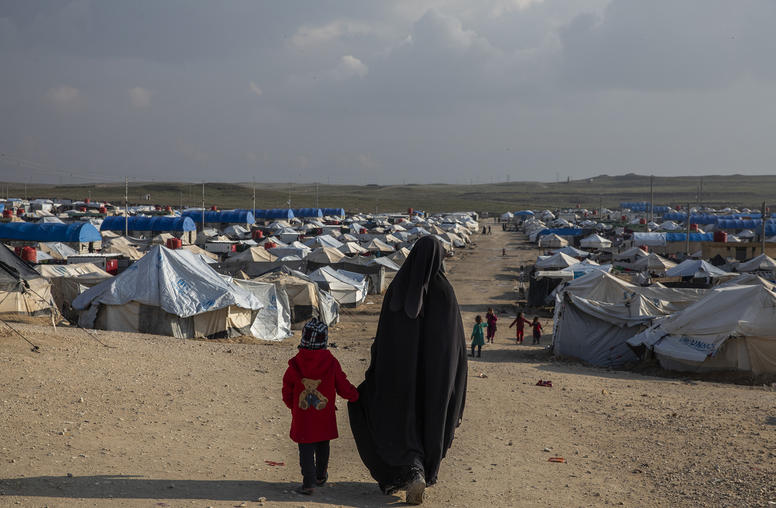
ISIS Returnees: Can Ex-Fighters Be Rehabilitated?
As the last pockets of the Islamic State’s “caliphate” collapse this month, nations far from the battlefield face an increasingly urgent challenge: How to reintegrate the group’s former militants as they come home and seek to disengage from extremist violence. For the officials in charge of the process, it’s an undertaking fraught with uncertainty whose failure could mean continued recruitment or even terrorism on their streets.
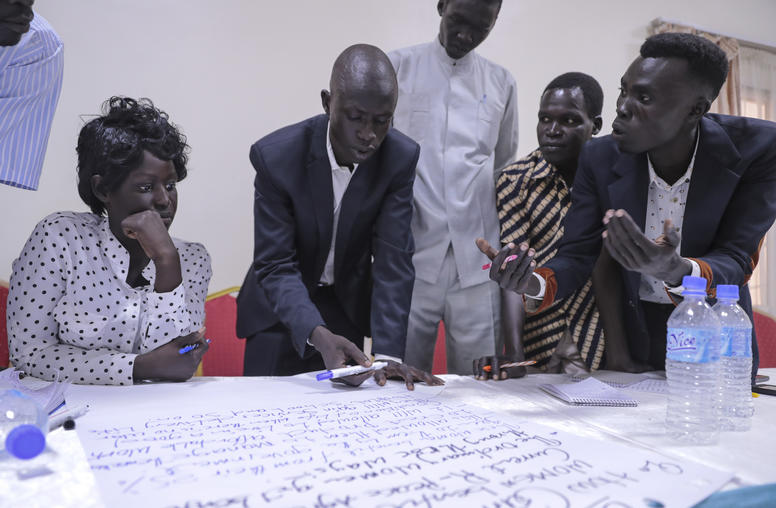
In South Sudan, Nonviolent Action is Essential to Building Peace
On September 12 of last year, South Sudan’s president, Salva Kiir, signed the Revitalized Agreement on the Resolution of Conflict in South Sudan (R-ARCSS) with South Sudan People Liberation Movement in Opposition chairman Dr. Riek Machar and several other armed groups. Meanwhile, South Sudanese civil society has sought to further advance the country’s peace process through coordinated, strategic nonviolent actions and campaigns.
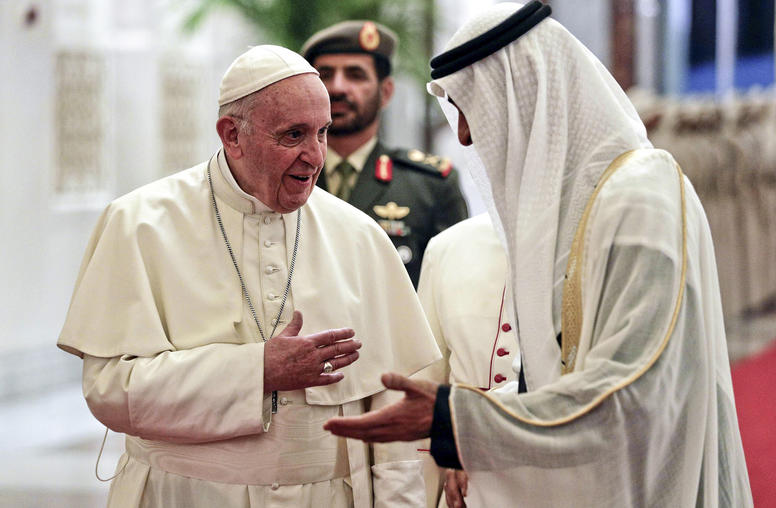
Pope Francis in the Cradle of Islam: What Might It Bring?
Pope Francis’ recent sojourn in the Arabian Peninsula was a powerful symbolic advance for interfaith dialogue: the first visit by a Roman Catholic pontiff to the original homeland of the Islamic faith. Francis joined eminent Muslim, Jewish and other Christian clerics in an appeal for the communal coexistence so desperately needed by a world suffering violence and persecution across humanity’s religious divides. The visit’s moving imagery included Christians and Muslims together attending the first papal mass on the peninsula. Yet this powerful symbolism will have real impact only if it inspires us all to take concrete steps—notably by governments, educational institutions and faith-based organizations.
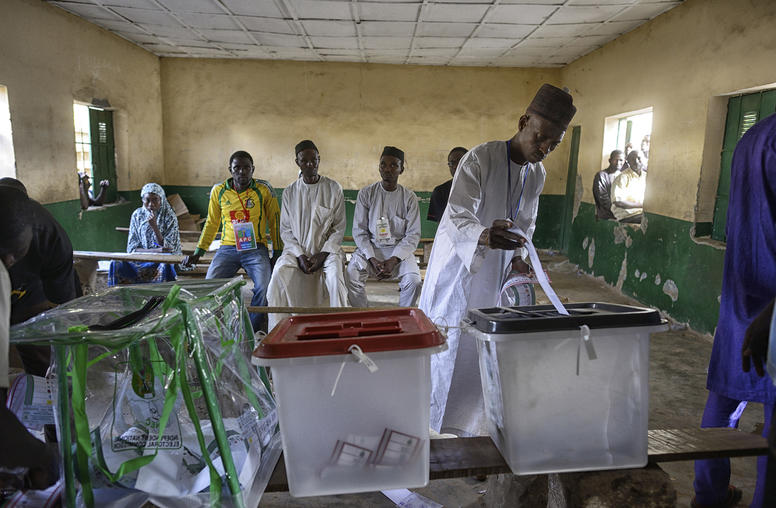
What’s at Stake in Nigeria’s 2019 Elections?
On Saturday, over 84 million eligible Nigerian voters are set to go to the polls to elect their next president and members of the National Assembly, with state-level elections to be held on March 2. Among the 73 presidential candidates, incumbent Muhammadu Buhari and former Vice President Atiku Abubakar are the top two contenders. As Africa’s most populous country with its biggest economy and democracy, Nigeria is a bellwether for the continent and these elections will be widely watched by the region and international community. USIP’s Oge Onubogu, Chris Kwaja and Aly Verjee look at why these elections matter, security challenges surrounding the polls, and how the U.S. can support Nigeria beyond the elections.
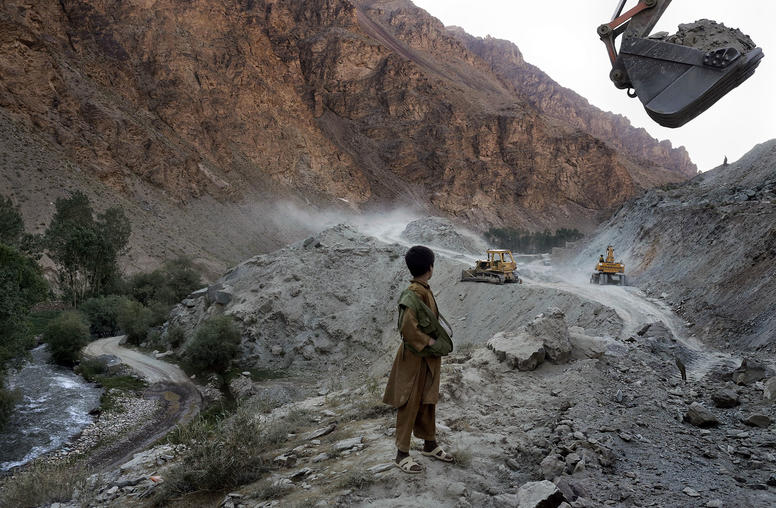
Can Technology Help Afghanistan Avoid the Resource Curse?
Afghanistan’s mineral wealth, roughly estimated at upwards of $1 trillion, is sometimes seen as the country’s potential savior—with prospects to generate large government revenues, exports, and some jobs. On the other hand, international and Afghan experience amply demonstrates the downside risks associated with mineral exploitation—macroeconomic and fiscal distortions; waste, corruption, and poor governance; environmental degradation; and the risk of financing or fomenting violent conflict, thereby undermining peacebuilding. The so-called “resource curse” is not destiny, however, and some countries have managed to avoid it, though Afghanistan faces much greater challenges than most when it comes to beneficially developing its mining sector.